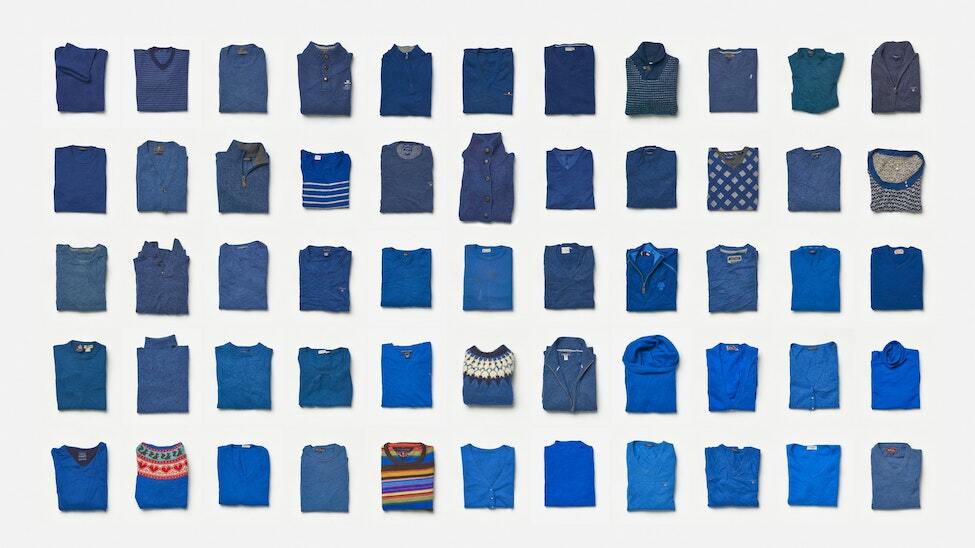
What can you do with an entire harvest of flax or 1,000 wool sweaters? The possibilities are endless and entwined.
Since graduating from the Eindhoven Design Academy, Christien Meindertsma has become known for her research-oriented work that explores the potential of raw materials and reveals processes that have become obsolete due to industrialization. Her prototypes, documentary videos, and finished objects highlight our relationship to the materials and products in the world around us and address concerns of environmental sustainability.
This exhibition showcases two of Meindertsma’s recent projects. For Flax Project (2012–present), she purchased a harvest of flax from a farmer in order to study methods of production from unprocessed material to final products. On display in this exhibition is each step involved in transforming raw flax into an entirely biodegradable chair, one that won Meindertsma the Dutch Design Award in 2016. The designer shifted her focus to a different production process for Fibre Market (2016–present), using fiber-sorting machines to scan and sort 1,000 wool sweaters based on their material content. The scanned results revealed frequent inaccuracies in the information provided on the sweaters’ labels, making evident the fact that common clothing is often made from a wider range of materials than indicated. After sorting, the sweaters were shredded and made into fibers that Meindertsma developed into a yarn and then a bespoke Donegal tweed. This recycled fabric can be used in many ways, including as an upholstery fabric for one of her biodegradable Flax Chairs—bringing Meindertsma’s design process full circle.
By exploring the often hidden lives of products within their social, political, and material contexts, Meindertsma invites us to reconsider the value of objects, especially the potential of undervalued resources such as flax and recycled wool. Her projects suggest that intelligent processes and design can play an important role in addressing the overconsumption of resources and prompting positive change.
Exhibitions are free with museum admission.



